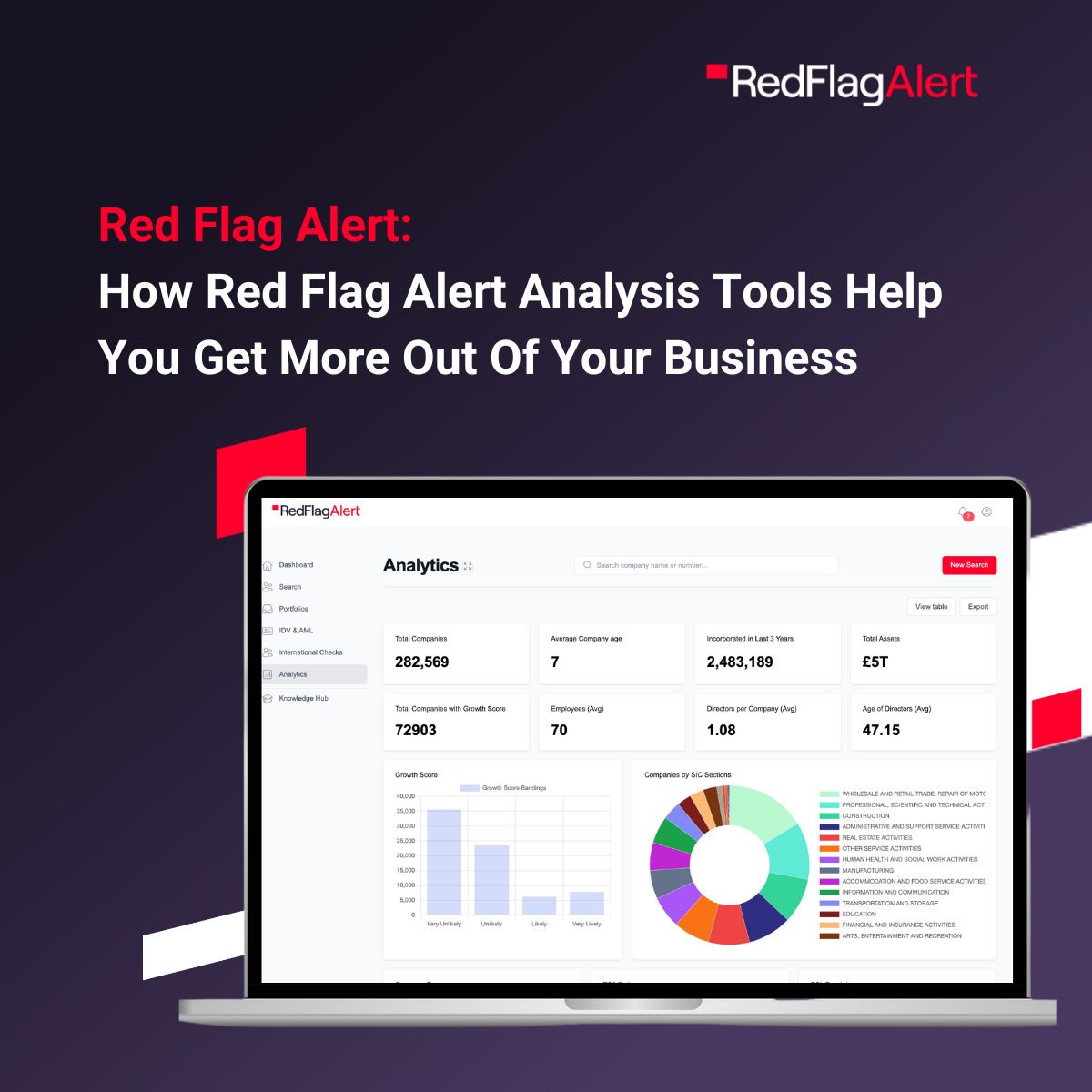Sales leaders and Premier League managers have a fair amount in common: they both manage teams, operate under intense pressure, and work in areas where results are critical.
Of course, there are also many differences, especially in the day-to-day duties of the job. If a sales leader reacts to a bad day at the office by shouting at reps for fifteen minutes and then giving a seething interview to the team running the company blog (see Steve Bruce below), it would be considered an unconventional way to motivate the team at best. Another noteworthy mention is Pep Guardiola and his motivating techniques and traits
Nonetheless, there are lessons people in sales can learn from those who are working at the top of the football industry. In this article, we’ll look at two experienced Premier League managers and explore the tactics they have used to be successful.
Steve Bruce
First up is Steve Bruce, manager of Newcastle United. While perhaps not the obvious choice when looking at managers working in the Premier League, he has something many of his counterparts do not: over two decades of experience. Bruce has been consistently employed as a manager since way back in 1998, when he took over at Sheffield United after a brief spell playing for the club.
Lesson One: Create a Positive Working Atmosphere
In a recent article, The Athletic detailed some of the tactics Bruce used to bring Newcastle back from the brink after a 5-0 loss to Leicester earlier in the season saw them drop to 19th position in the table.
Bruce was livid and didn’t mince his words in the post-match interview.
“Unacceptable,” he said of the performance. “The whole lot of them were nowhere near what is required to make a fist of it in the Premier League.”
Following this, emotions were naturally high among both players and staff. To reduce the pressure, Bruce took the unusual step of giving the entire team the next day off in the knowledge that avoiding conflict would ultimately help create a better team spirit.
The team were all much calmer when they met two days later. They were in a better place to focus on improving and preparing for the next game, rather than blaming each other over what went wrong.
Andy Carrol explained: “We went out there and worked our b******s off all week. We were getting into the stride of things and working well and actually helping each other.”
Lesson Two: Believe in Your Strategy and Stick to It
While the training intensity improved following the loss, Bruce didn’t do much to change his strategy or tactics. In fact, by switching to a back-three in the following game, he doubled down on his belief that sitting deep and counterattacking with pace was the best way for his team to be successful.
He had the confidence and conviction that what he and his team were working towards was the strategy most likely to lead to success. By sticking to it and implementing it effectively, Bruce knew the team would improve.
While Newcastle has a long way to go before they are safe from relegation, they are doing better than many predicted.
Jurgen Klopp
The second manager is Jurgen Klopp. Since coming to the Premier League in 2015, he has transformed Liverpool into one of the best teams in Europe. In another article, The Athletic explored how Klopp manages his team.
Lesson Three: Create a Winning Mentality
Klopp says that one of the most important things he has done during his four years with Liverpool has been to change the mentality of the players. He has created a team that has the stubbornness and tenacity to overcome problems when things don’t go their way.
Evidence of this was perhaps best seen in the way Klopp was able to convince his players that they could beat Barcelona in last year’s Champions League semi-final second leg, despite being 3–0 down in the first game.
“Let’s be honest, it’s probably impossible,” he reportedly told his team in the lead up to the match, before adding, “but because it’s you? Because it’s you, we have a chance.”
Klopp’s speech had the desired effect, and Liverpool won the second leg 4–3 before going on to beat Tottenham in the final.
Lesson Four: Utilise Marginal Gains
‘Marginal gains’ has become a buzzword in sport recently. It’s a term that relates to the belief that in competitions with tiny margins between competitors, if a team or player can gain a small advantage in several departments it will create enough of an overall advantage to make the difference between finishing first and second.
Klopp did all the usual things to try to give his team a marginal gain, including hiring specialists in areas such as nutrition and sports psychology. One of the more unexpected places he looked for an advantage is in the hire of Thomas Gronnemark, who works solely on throw-in tactics.
Andy Gray famously mocked the appointment, suggesting that when it comes to throw-ins players don’t need to know more than “Here’s the ball, pick it up with both hands, take it behind your head and throw it with both feet on the ground”. However, it’s a strategy that appears to be working.
Tifo Football highlighted earlier in the season that with a possession retention rate of 68.4%, Liverpool was (statistically speaking) the second-best team in Europe at throw-ins. To put this in perspective, the Premier League has the worst average throw-in possession retention rate out of the top-five leagues in Europe, with an average of just 49.2%.
Red Flag Alert Can Improve Your Sales Team’s Performance
Reg Flag Alert is a tool that sales leaders can use to improve their team performance. It does this by helping you:
- Build targeted prospect lists based on metrics you know make a customer more likely to buy.
- Focus the sales strategy on how your product can solve the challenges facing a specific business.
- Contact customers when they are most likely to be receptive to your business by showing you real-time triggers that suggest when they might need your product.
These features have delivered consistent results to the teams that use them. For example, PowerSolutions UK was able to increase their sales conversion by 123%.
To see how you can benefit from Red Flag Alert’s B2B Prospector Tool , Request a Free Trial today.




